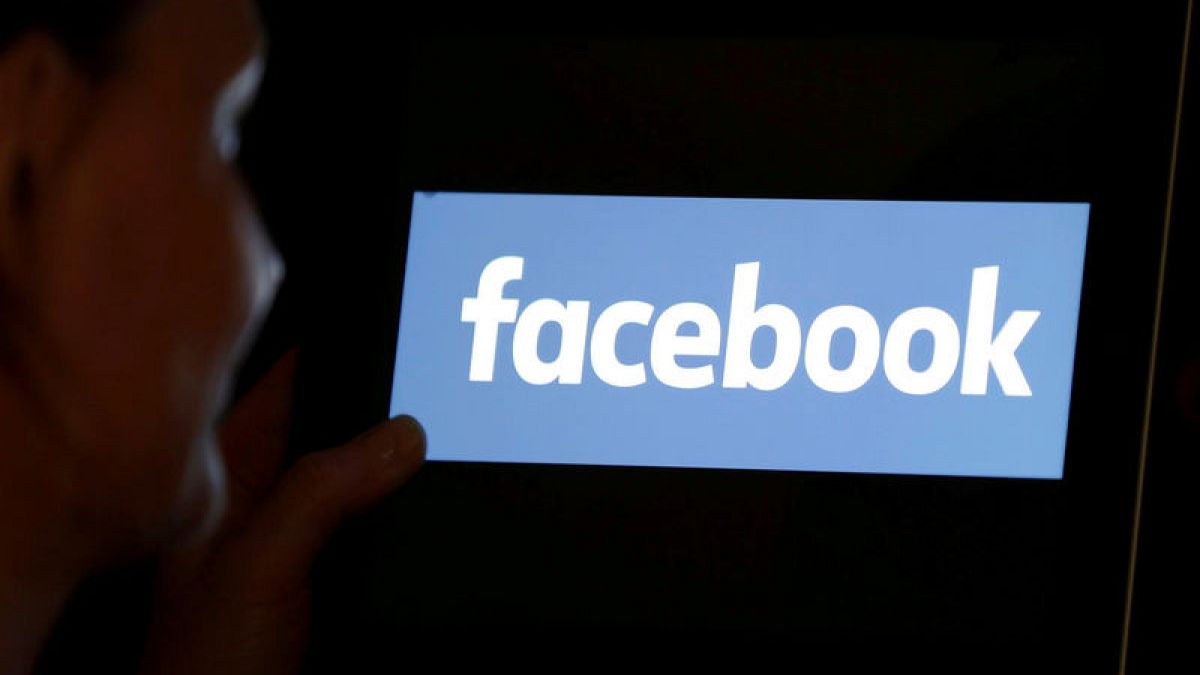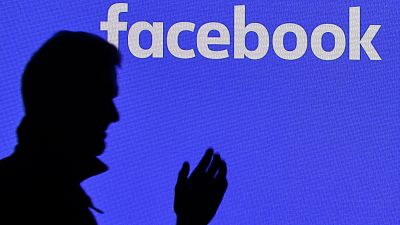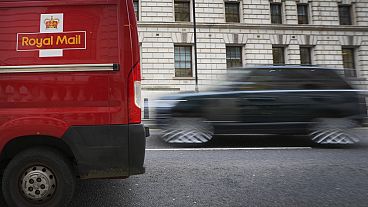A video posted to the Facebook page of the Conservative Party appears to show shadow Brexit secretary Keir Starmer unable to answer a question from a TV show host - but this has been doctored.
Facebook said on Thursday that a doctored video shared by the UK's Conservative Party would not have broken its rules on political advertising if it had run as a paid-for ad, and suggested the video had enriched public debate.
As Britain heads towards a December 12 election that could shape the fate of Brexit, some politicians have expressed concerns that misleading information - known as "fake news" - could spread swiftly across social media.
British Prime Minister Boris Johnson's party chairman was forced to defend the distribution of a doctored video clip of a rival Labour Party politician on Wednesday, overshadowing the launch of the party's election campaign.
Johnson's Conservatives posted the heavily edited video clip of Labour's Brexit spokesman Keir Starmer on Facebook and Twitter, editing out a key response in an interview to give the impression that the party had no answer for Brexit.
The video was shared as a normal post on the Conservatives' Facebook page, but has not been used as a paid-for ad on the platform, according to a search of Facebook's Ad Library.
Asked if the video would be allowed to run on Facebook as a paid-for political advert rather than just a regular post, Rebecca Stimson, Head of UK Public Policy, said: "the short answer is, yes it would."
"Ads from political parties and political candidates are not subject to our fact-checking rules," she told reporters on a call to explain Facebook's policies and approach ahead of the election.
"What that has meant is what the Conservative Party put in that advert has been been the subject of ferocious public debate and discussion, precisely because people could see that it was there."
Scrutiny over Facebook's policies intensified last week when Chief Executive Mark Zuckerberg defended political ads because the social media platform does not want to stifle political speech. Rival social media firm Twitter said it was banning them.
Europe's antitrust chief Margrethe Vestager berated Facebook on Thursday for continuing to carry political ads. "If it's only in your feed, between you and Facebook, and their microtargeting of who you are, that's not democracy anymore," she said.
"That's just privatised de facto manipulation of who you're going to vote for."
The company has introduced new policies in an attempt to quell rising hostility from both users and lawmakers over its handling of user data and the content of its news feeds.
The social media giant has launched the ad library, containing details and data about political adverts on the platform, and also uses third-party fact-checking partners in an attempt to curb misinformation on the website.
"We want these ads to be transparent, we want to make sure that people are able to scrutinise them," Facebook's director of business integrity Rob Leathern said, though he added that the policy on targeting adverts was not currently set to change.



